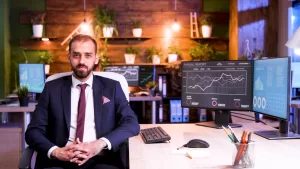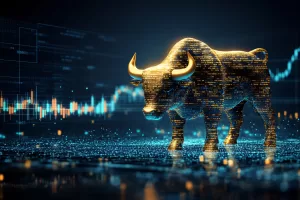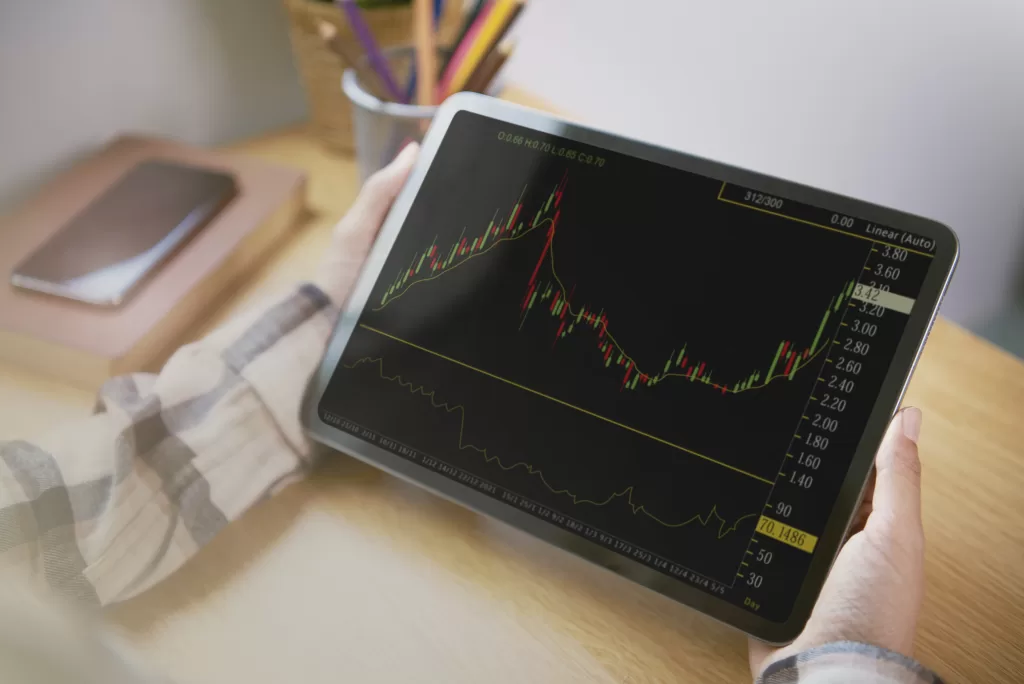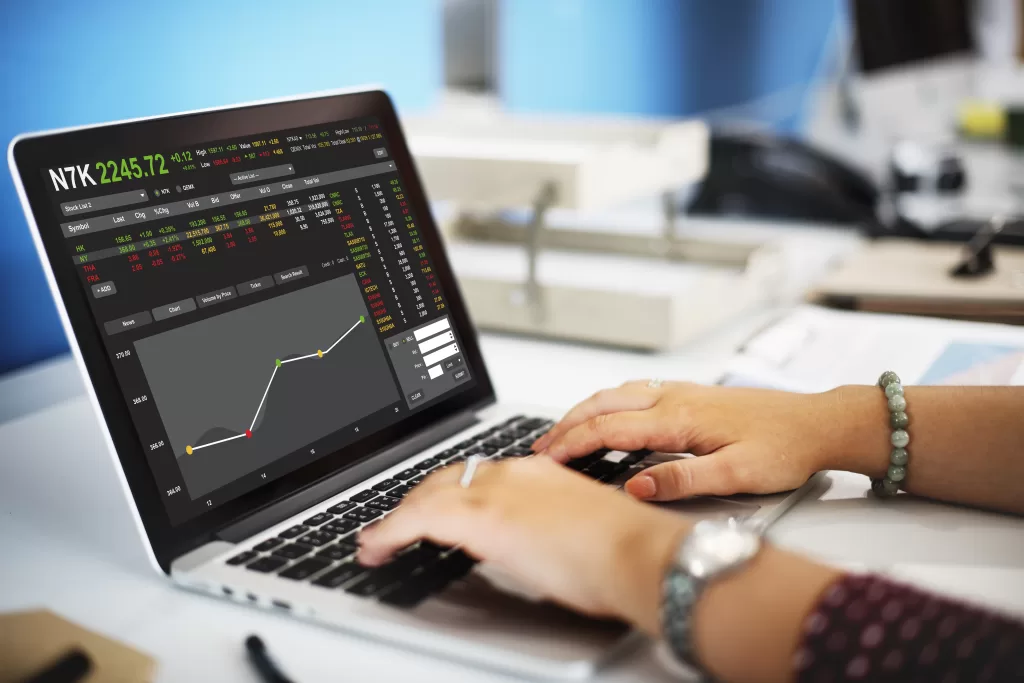The foreign exchange (forex) market is a dynamic and potentially lucrative industry that attracts entrepreneurs and financial professionals worldwide.
Becoming a forex broker offers an exciting opportunity to participate in the global financial ecosystem, providing traders with essential market access and trading services.
However, finding a way in the forex market can be difficult. To learn how to become a forex broker and start your business as a forex brokerage you will have to make strategic planning, gain in-depth market knowledge, and a comprehensive understanding of regulatory requirements. This guide will walk you through the essential steps, challenges, and potential rewards of establishing yourself as a successful forex broker in 2025.
‘A Note For Beginners’
Before I get to the point and answer the query, I will talk about who forex brokers are and what they do.
The first thing is to learn about Forex Brokers, What are Forex brokers, and types of brokers.
P.S. If you have already done your research about Forex brokers just skip this part and start with how to become one, at the very end of the post, I’ve talked about how and how much Forex brokers make annually.
What is a Forex Broker:
Here is a basic definition: A Forex broker is a financial institution and/or a firm that provides traders with access to the foreign exchange market (Forex market), allowing them to buy and sell currencies, physically and online.

Key Roles of a Forex Broker:
Providing Market Access:
Forex broker ensures traders have reliable access to the forex market.
This includes offering a trading platform (e.g., MetaTrader 4/5, cTrader) and connecting traders to the global liquidity pool.
Trade Execution:
The broker ensures that the client/trader’s trades are executed promptly and accurately at the best available prices, and handles the process of matching buy and sell orders.
Providing Leverage:
Offer leverage to traders, allowing them to control larger positions with a smaller initial margin.
Manage and set appropriate leverage limits, with regulatory standards and risk management practices, to protect both the broker and traders.
Risk Management and Protection:
Responsible for managing risk exposure. Includes:
- Margin Calls
- Stop-Out Levels
- Negative Balance Protection
How Can You Become A Broker For Forex?
Forex brokerage can be a complex but rewarding business that involves careful planning, meeting regulatory requirements, and securing necessary capital. Below is a simple 5-step roadmap that’ll help you become a successful Forex broker:
Understand the Forex Market and Industry:

Before starting the forex brokerage business, it’s crucial to have an in-depth understanding of how the forex market operates, including its structure, players, and financial instruments.
Familiarize yourself with the types of brokers (market makers, ECN, STP) and their business models.
Choose a Business Model:
Decide whether you want to operate as a Market Maker, an ECN or STP broker, or a hybrid broker.
Each model has its advantages.
- Market Maker: Brokers that set their own bid and ask prices can earn revenue from the spread. They make money when clients lose on trades (since they take the opposite side of the trade).
- ECN/STP Broker: These brokers pass clients’ orders directly to liquidity providers. They usually earn from small commissions or a markup on the spread.
- Hybrid Models: Some brokers combine market-making with ECN/STP functionality, which gives them more revenue sources.
Obtain The Necessary Licenses:
Obtain the necessary licenses from regulatory bodies like FCA (Financial Conduct Authority) in the UK, CFTC (Commodity Futures Trading Commission) in the US, or ASIC (Australian Securities and Investments Commission) in Australia, ensuring compliance with capital, risk management, and financial reporting requirements.
Build or Choose a Trading Platform:
A trading platform is essential to a forex brokerage business as it enables clients to trade. You can either develop (more expensive) a platform or partner with a white label(cost-effective).
Secure Liquidity Providers & Market:
As an ECN or STP broker, you will need to establish relationships with liquidity providers. These are typically large banks or financial institutions that provide the liquidity necessary for your clients to trade.
How Much Does It Cost To Become a Forex Broker?
The first step to start your Forex brokerage business is to register with the National Futures Association (NFA) and the Commodity Futures Trading Commission (CFTC):
Regulatory Costs:
- NFA Membership Fee: The application fee for becoming a member of the NFA ranges from $1,000 to $5,000, depending on the membership type. This fee must be paid annually.
- CFTC Registration Fee: Brokers must register with the CFTC. These costs can range from $300 to $1,000 annually. Visit their contract and product page to get a broader idea.
Capital Requirements:
Every Forex broker is required to maintain certain levels of capital reserves to ensure they can handle client funds and operate safely.
The NFA and CFTC mandate a minimum capital requirement of $20 million for a forex broker offering retail forex services.
This required amount may be reduced from $20 million if you are operating as an introducing broker(IB) or if your business model doesn’t involve dealing with direct funding.
These are just the laws and some upfront costs, starting as a broker can include many other costs such as:
Technology & Infrastructure Costs:
- Trading platforms
- Server & Data Feed Costs
- Risk Management & Compliance Systems
Legal & Compliance Costs:
- Legal Fees
- Audit & Compliance Costs
Marketing & Branding:
- Website
- Digital Marketing
- Affiliate Programs
Operational Costs:
- Staffing
- Payment Processing
How Much Do Forex Brokers Make A Year?
The annual revenue of a forex broker can vary significantly depending on its size, business model, and client base.
Business Model:
- Market Maker
- ECN/STP Broker
- Hybrid Models
Average Annual Revenue for an ECN/STP Broker:
Small-Sized ECN/STP Brokers
- Average commission per lot: $2 to $5
- Annual trading volume: $1 billion to $5 billion
- Revenue estimate: $1 million to $10 million annually
Medium-Sized ECN/STP Brokers
- Average commission per lot: $5 to $10
- Annual trading volume: $5 billion to $20 billion
- Revenue estimate: $10 million to $50 million annually
Large ECN/STP Brokers
- Average commission per lot: $2 to $10
- Annual trading volume: $50 billion to $100 billion+
- Revenue estimate: $50 million to $200 million+ annually
Small brokers can make from $1 million to $10 million per year, and larger brokers can earn between $100 million to $1 billion+ annually, with major international brokers achieving substantial revenue from large client base and high trading volumes.
Conclusion:
If you made it this far even with me making you bored, now you know everything to start your own business as a forex broker.
Let’s recap what was in the post so far. I’ve walked you through who is a forex broker, breaking down the essential steps to launch a business.
From understanding market dynamics and choosing the right business model to regulatory requirements and securing necessary capital, this guide offers a comprehensive roadmap. We’ve explored broker types, examined potential revenue streams, and uncovered the financial investments needed to establish a successful forex brokerage in today’s competitive market.
Article in Three Questions:
How do you become a broker for forex?
To become a forex broker, understand the market, choose a business model (Market Maker, ECN, STP), secure licenses, establish a trading platform, and partner with liquidity providers.
How much does it cost to become a forex broker?
Starting costs range from $100,000 to $500,000+ depending on regulatory fees, capital requirements (minimum $20 million for retail services in the US), technology, and operational expenses.
How much do forex brokers make a year?
Forex brokers can earn from $1 million to $1 billion+ annually, depending on size, business model, and trading volume, with small brokers making $1M-$10M and large ones exceeding $200M annually.





